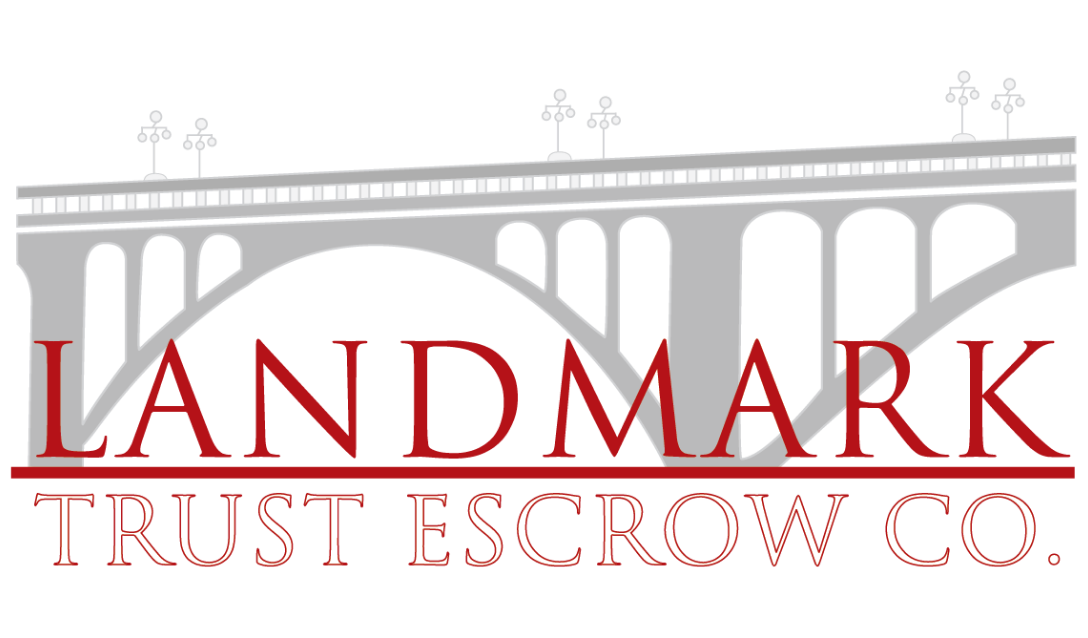What a Seller Needs to Know About Escrow
Written by Jena Beaver
Closing is the final step to make the deal official and receive your money from the sale of your home. In most cases, a third party will hold the buyer’s money until all the closing tasks are completed. This is called escrow, and the closing tasks are part of the escrow instructions. When all the closing tasks are complete, the third party will give the money to the seller and the keys to the buyer. Here, we’ll walk you through the escrow process and explain how each step affects you as a seller.
1. In-escrow
In most transactions, the people that are involved in the closing process are the seller, the buyer, the buyer’s lender, the seller’s lender, and a closing agent. The closing agent could be a closing company, lawyer, escrow officer, or title insurance company. This neutral third-party will then assist with a variety of tasks necessary to complete the transaction and ensure that the interests of both the buyer and the seller are protected throughout the transaction.
When a buyer makes an earnest money deposit on your home ensuring their commitment to buy and you both sign a purchase agreement, these funds and your purchase contract will go into a pre-closing escrow account. This escrow account will also hold instructions and paperwork necessary for the sale of the home. This will protect you from signing over the deed to your home until you’ve been paid by the seller’s mortgage lender, and it will ensure that the buyer’s terms are met before payment is made.
2. Falling out of escrow
Unfortunately, there are many reasons why a real estate sale might not close. The buyer may not be able to fully qualify for a mortgage, or it’s possible that an unknown issue with the home will be discovered during the home inspection. If either the buyer or seller fails to meet the terms of the escrow account at any point during the process, the sale “falls out” of escrow.
What happens to the earnest money in this situation would depend on who was at fault for the failure of the sale. For example, if your buyer backs out of the sale without a good reason, the earnest money may go to you. On the other hand, if you cancel the sale as the seller or fail to meet the term’s of the escrow account, the buyer’s funds will typically be returned to them. Most purchase agreements will contain details on what happens to the escrow funds in case this situation arises, so make sure you read it carefully before signing!
3. Close of escrow
When you receive payment for your home and the buyer receives the deed and the keys to the house, you’ll move on to the close of escrow. During this step, your closing officer will verify that all inspections and conditions have been met, oversee the final paperwork, and handle the exchange of funds and the recording of the deed. Once this step is finished, you’ve officially sold your home! Essentially, escrow is a process set in place to ensure that both the buyer and seller do what they say they are going to do. The middleman you hire as the third party agent will be safeguarding your assets throughout the escrow process, so take time to research your options and choose a responsible and trusted escrow officer. Breathe deep, you’re almost there!
